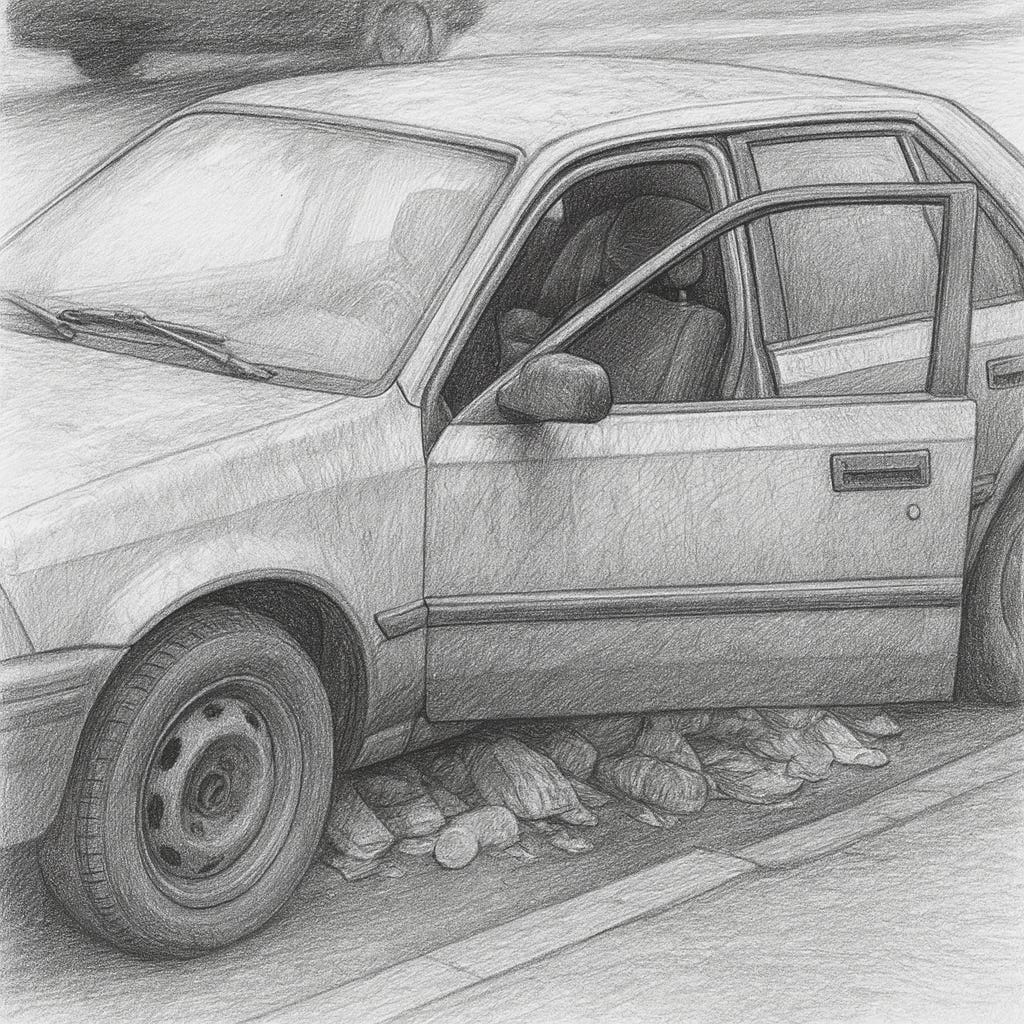How Very
Very few words are as common or old as very.
The English word comes to us from the Old French word verai, which modern French speakers may recognize as the ancestor of vrai. Today, vrai describes something that’s true, real, or genuine.
Go back another thousand years and you run into Latin, where verus ultimately gave birth to verai through linguistic drift.
That tells you about the way the word has been spoken and spelled, but what about the meaning? If I ask you to check whether you left the car door unlocked, you’re not going to tell me it’s very unlocked. However, this meaning of very lives on in the form of verification and its relatives. You could certainly verify whether or not a door was unlocked.
On the other hand, that car might be very dirty. Maybe nothing has ever been thrown out, and the outside is just a dark and scummy shade of grey. Maybe you don’t need to lock that door after all.
By the time of Shakespeare, the word very was beginning to stretch into this broader definition. Shakespeare’s writing was very clever—in both senses of the word, and the word was being used in both ways.
This is a textbook example of semantic shift. A word begins by meaning one thing, and gradually it morphs into another type of object, or into a meaning that was previously only metaphorical. Here, very goes even further, into the realm of semantic bleaching.
This is a bit like semantic satiation, where you say a word a dozen times, and it starts to sound like nonsense—but this is over generations. Still, semantic bleaching begins the same way: the word is just used so common and easy to say, everyone wants to use the word for emphasis.
This meh-ification of words is common. I know this because I literally write every day, but the word literal has become stretched in a similar way. The same thing has happened to absolutely, which started out as a very specific way to describe something total in its magnitude, like a king who rules absolutely. This contrasts with someone who absolutely does hold office, but they’re actually pretty chill.
Something that’s awesome was supposed to inspire awe, as in terror, bewilderment, and wonder. When is the last time someone used awesome in any other way than “pretty cool”? The same goes with the word terribly, which was a darker corollary of awesome. Nowadays, you can be terribly sorry about inadvertently bumping someone’s elbow.
Now, this essay is starting to get very long, wouldn’t you say?




You reminded me here of Chico Esquela, the ficrional baseball player Garrett Morris portrayed on "Saturday Night Live" in the old days. If anyone mentioned anything related to his job, he would invariably say: "Baseball's been very, very good to me."
No, not long enough, keep going…